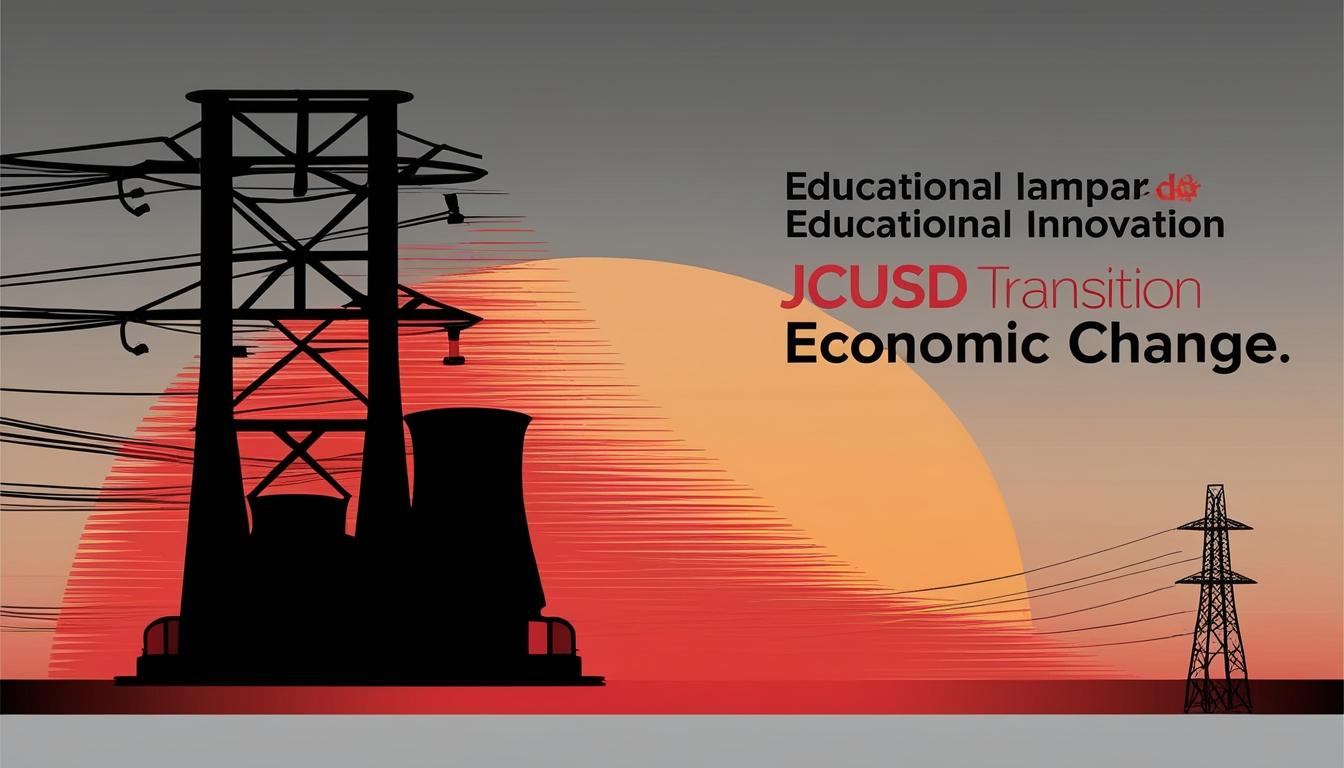In 2025, the Joseph City Unified School District (JCUSD) is navigating a significant transition following the closure of the nearby Cholla Power Plant, a facility that has historically provided substantial tax revenues critical to the district's financial health. The shutdown, long anticipated by the local community, has compelled JCUSD to reassess its financial strategies and adapt to new economic realities that have emerged from this significant loss of support.
With the shutdown of the power plant, the district estimated a need for approximately $20 million over the next ten years to facilitate a gradual transition away from reliance on the power plant’s tax contributions. This challenge has been exacerbated by the Arizona Corporation Commission's rejection of a broader transition funding plan proposed by Arizona Public Service (APS), which would have allocated millions to help communities impacted by the closure, including the Navajo Nation. The Commission argued that other APS customers should not subsidise these obligations.
Despite the larger funding package being denied, JCUSD received a modest $400,000 from APS, alongside ongoing support for various grants and job creation initiatives in the area. Even with this financial input, it remains a relatively small amount compared to the significant decline in tax revenue, placing additional pressure on the district to manage its budget effectively.
Superintendent Bryan Fields has taken proactive measures to address the impending revenue shortfall. Following a successful vote in November to maintain an existing tax override, JCUSD will receive additional funds to sustain essential educational programmes. Looking to the future, Fields plans to stagger major expenditures, such as roof repairs and the acquisition of new school buses, to avoid overwhelming the budget at any single point in time.
As the power plant has gradually reduced its operations and workforce numbers, Fields noted that student enrolment has remained stable, with an influx of students moving to the area from outside Joseph City. However, maintaining competitive salaries remains crucial for attracting quality educators to the rural district. “The four-day school week is definitely an incentive,” Fields stated, acknowledging that while their salaries may not match those from neighbouring districts like Holbrook and Winslow, the shorter work week helps retain and draw in talent.
In addition to financial restructuring, Fields is excited about integrating artificial intelligence into the educational framework to alleviate some of the pressures on teachers. He illustrated this potential by proposing a scenario where AI could facilitate the development of a lesson that combines elements of history and science. “You want a lesson about Abraham Lincoln that’s a cross between a history lesson and a science lesson?” he posed. “Well, AI can help make that lesson plan instantly.” However, he emphasised that AI's role would not extend to students without purpose; teachers will continue to review and refine AI-generated plans to ensure they meet educational standards and factual accuracy.
As JCUSD moves forward in a post-Cholla landscape, its commitment to strategic budgeting, innovative teaching methods, and thoughtful staff incentives aims to foster sustained educational success for students. The unfolding situation encapsulates the broader trends in educational reform and adaptation to economic shifts impacting communities reliant on traditional industries.
Source: Noah Wire Services
